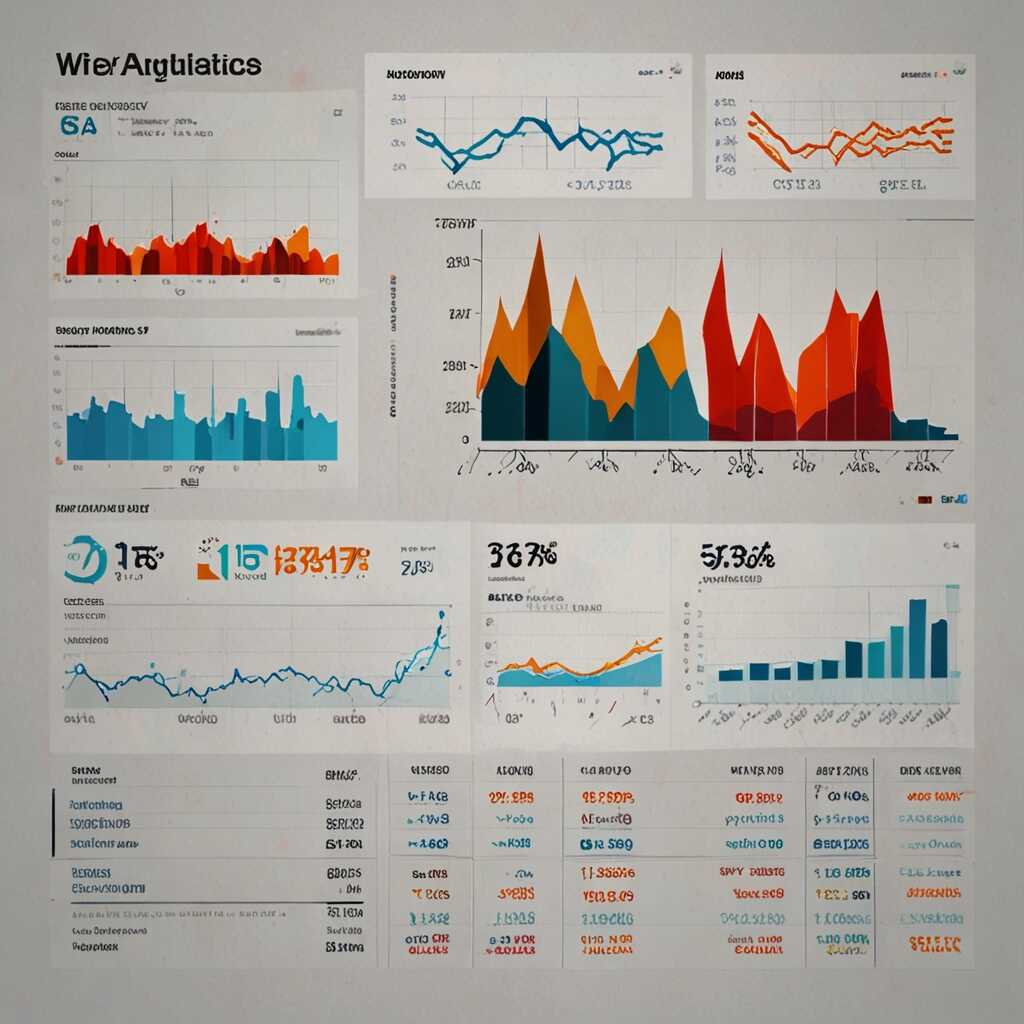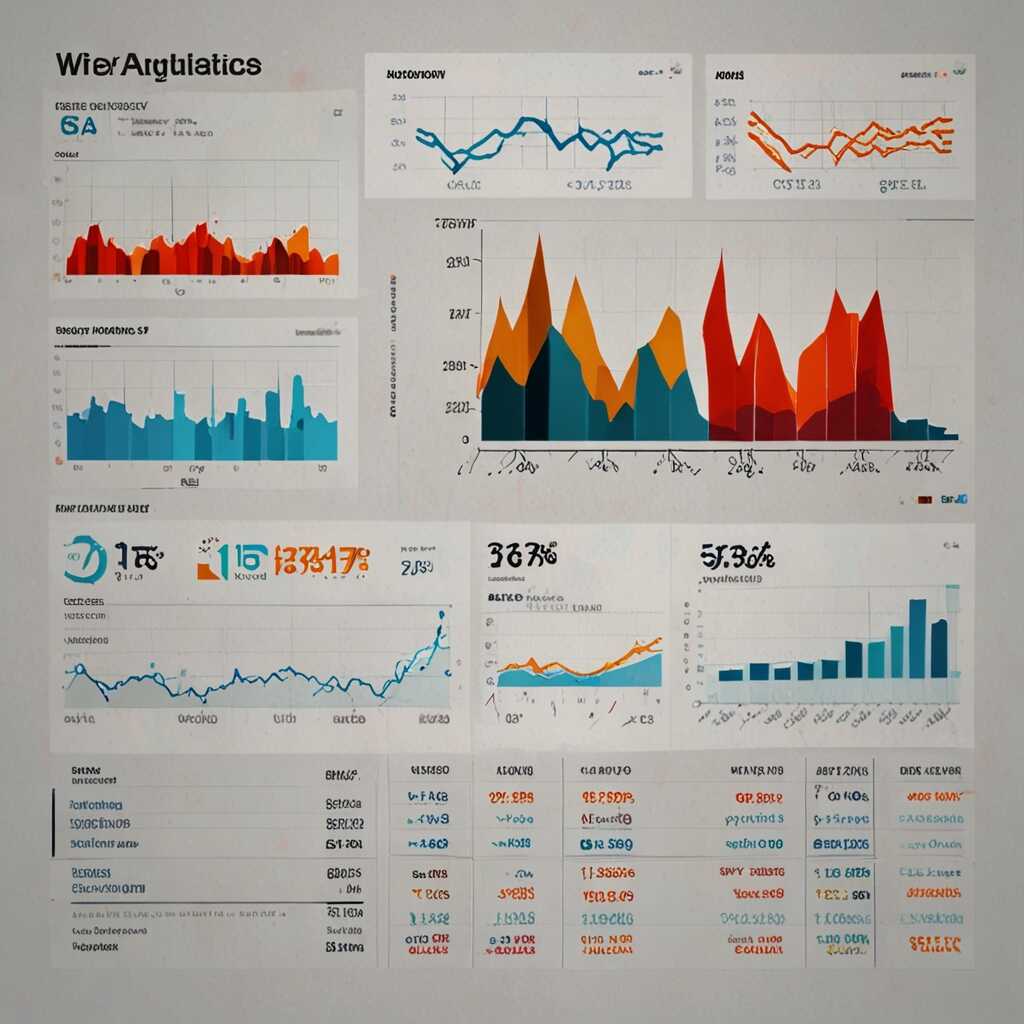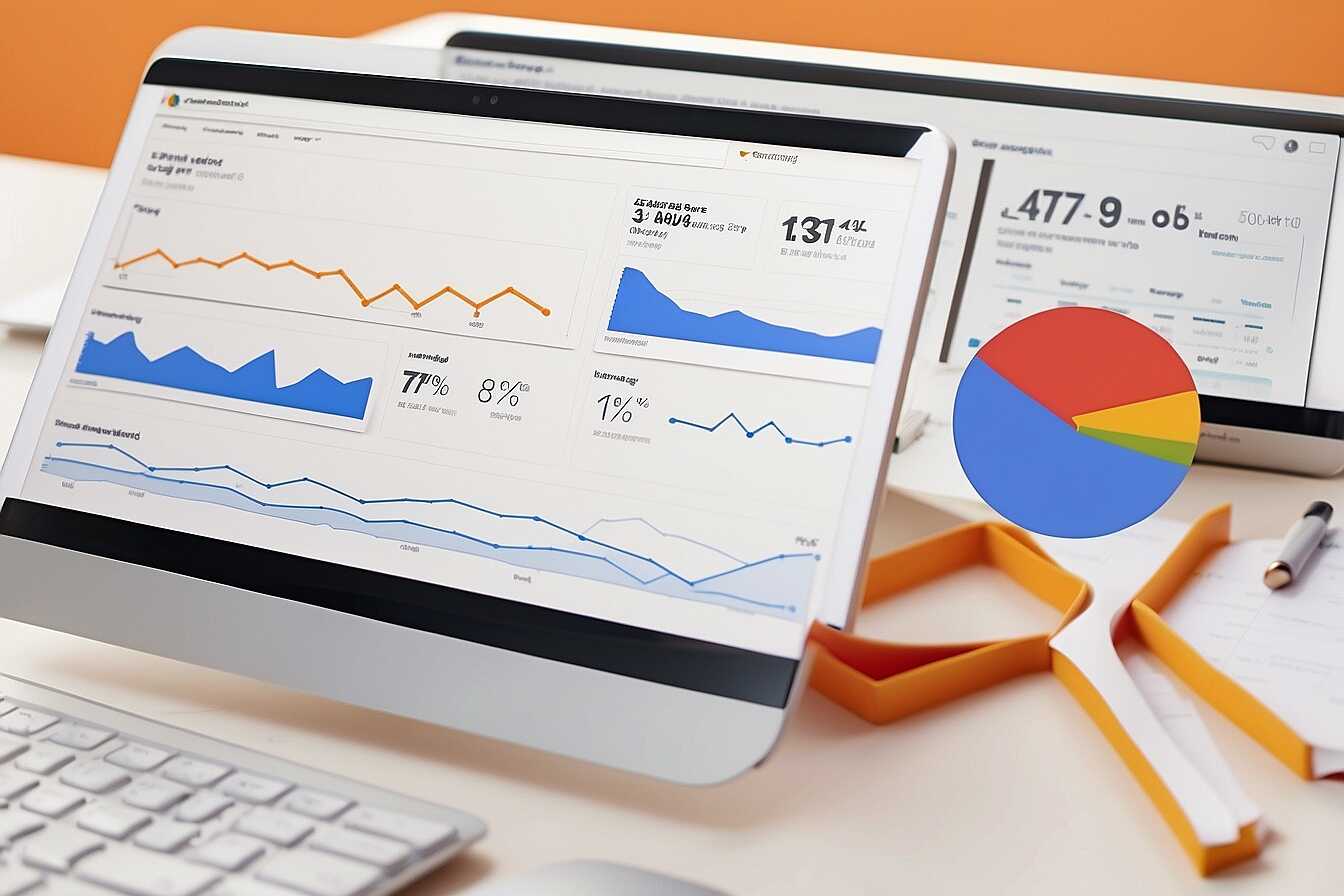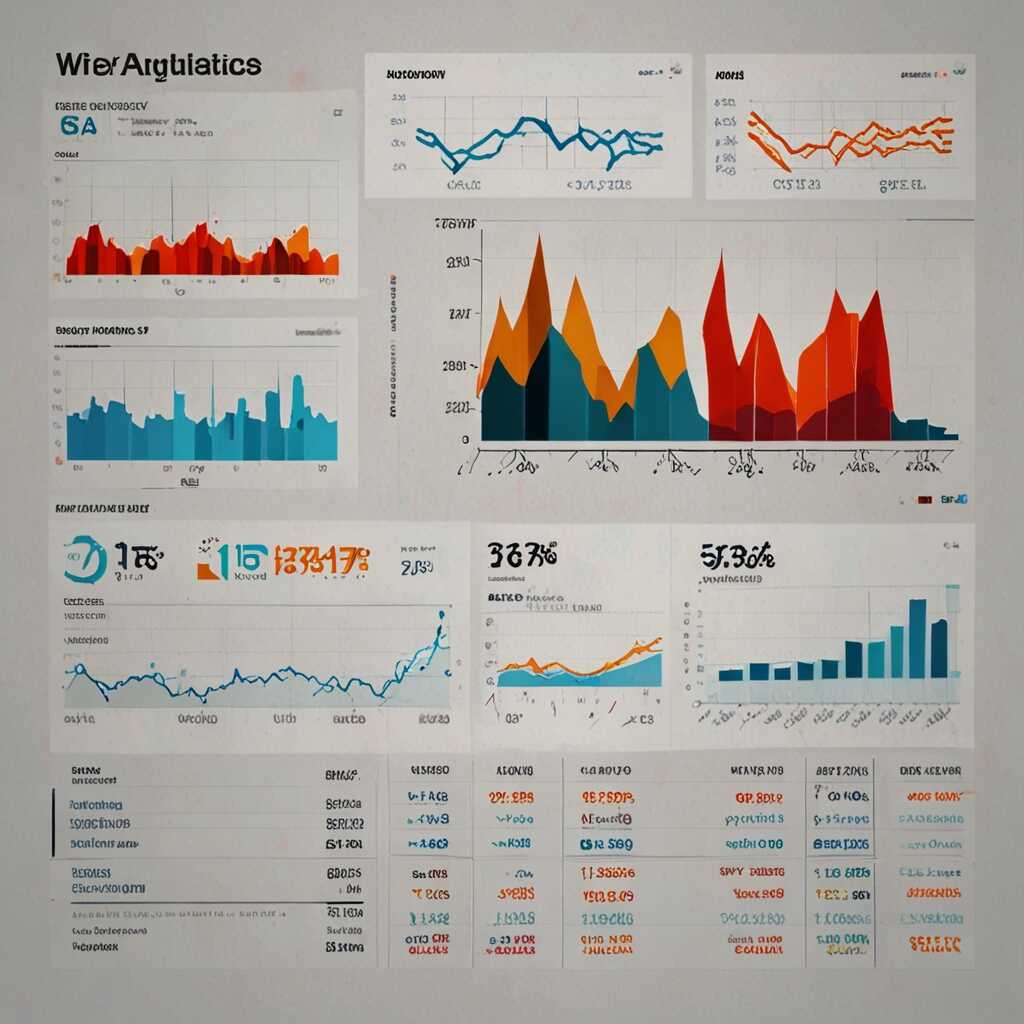In today’s digital landscape, leveraging AI for faster page speed enhancements is essential for any website. By utilizing artificial intelligence, web developers and digital marketers can automate analysis and identify specific elements to improve page speed significantly. Metrics Rule, based in Vancouver, specializes in optimizing website performance, ensuring that your site not only loads faster but also boosts SEO outcomes. Discover how AI can transform your approach to page speed and lead to better user experiences and higher search rankings.
Understanding Page Speed and Its Impact on User Experience
Page speed is crucial for website performance as it refers to how fast web pages load when accessed by users. A fast loading website enhances user experience, keeping visitors engaged and reducing bounce rates. Search engines like Google prioritize page speed in their rankings because faster websites are more reliable and can improve users’ search experience. Studies show that a one-second delay in page load time can lead to a significant drop in conversions. Metrics Rule emphasizes the importance of optimizing your loading time, ideally under three seconds, to retain visitors and boost SEO rankings.
Optimizing Page Load Time for Better User Engagement
To optimize page load time, several strategies can be employed. Firstly, minimizing HTTP requests by reducing the number of elements on each page can greatly enhance efficiency. Another effective method is employing browser caching to store static files, allowing for faster retrieval on subsequent visits. Implementing compressed images and leveraging content delivery networks (CDNs) can also improve performance. These methods collectively ensure that each user’s experience is seamless and fast, which is essential for encouraging visitors to stay longer, interact more, and ultimately convert. By focusing on loading times, businesses can create a more reliable online environment that aligns with the expectations of users in 2025 and beyond.
Leveraging AI Technologies to Analyze Page Speed Effectively
Discovering key AI technologies is essential for assessing your website’s page speed metrics. Tools like Google PageSpeed Insights, GTmetrix, and WebPageTest provide comprehensive insights. They analyze various aspects, such as server response time, resource loading, and render-blocking scripts. These tools enable you to perform reliable testing, ensuring you understand where slowdowns occur. Additionally, AI can help automate comparisons for efficiency, enabling quicker improvements. In 2025, AI-driven tools are expected to enhance page load times by up to 30%, significantly improving user experience and SEO outcomes.
Understanding AI-Driven Tools for Page Speed Analysis
AI-driven tools for page speed analysis offer functionalities that are specifically designed to help website owners identify performance bottlenecks. These tools utilize machine learning algorithms to review server responses and analyze loading behaviors. For example, Google PageSpeed Insights includes suggestions tailored for optimizing every aspect of your website, from image compression to minimizing JavaScript. Utilizing these tools not only improves efficiency but also includes concrete data on load times across different devices. With tools like GTmetrix providing detailed reports, you can quickly implement changes to enhance your overall website performance, catering to both SEO and user experience.

Detecting Performance Issues with AI-Driven Analytics
AI can identify various performance issues that hinder website speed, such as slow server response times, large image files, excessive JavaScript, and inefficient CSS. With AI-driven analytics, you can easily pinpoint bottlenecks causing slow loading. Tools like Google’s PageSpeed Insights and GTmetrix provide comprehensive insights, helping you focus on areas that need improvement. These tools enhance your website speed and deliver faster loading times, ensuring an excellent user experience and improved SEO outcomes. Monitoring performance metrics consistently is essential for effective optimization, allowing you to employ the best optimization strategies available.
Understanding Common Bottlenecks in Website Performance
Common bottlenecks affecting website performance include server response time, unoptimized images, and render-blocking JavaScript or CSS files. AI tools like Ahrefs and SEMrush provide detailed analysis and insights that help identify specific issues in these areas. For instance, if images are excessively large, AI optimizes them without sacrificing quality. The efficiency of these tools enables website owners to make data-driven decisions that lead to tangible improvements. Addressing these common performance issues through reliable AI-driven analysis ensures that your website maintains a fast load time, crucial for retaining visitors and enhancing overall user experience.
Key Statistics to Know for Website Performance Improvements
- Speed can impact user retention; a 1-second delay leads to a 7% conversion drop.
- Pages that load in under 3 seconds have lower bounce rates.
- Google recommends keeping page size below 1 MB for better speed.
- 76% of users expect a web page to load in 2 seconds or less.
- Using AI tools can reduce loading times by up to 30%.
- Mobile optimization can improve load speed by 15% to 20%.
- Website speed improves SEO rankings and visibility, leading to more traffic.

Choosing Powerful AI Tools for Enhancing Page Speed
When selecting AI tools for page speed optimization, it’s essential to focus on reliability and efficiency. Look for tools that provide comprehensive testing capabilities, allowing you to gather data from various scenarios. Essential features you want are real-time analytics, ease of integration with your existing infrastructure, and the ability to compare results effectively. Some of the proven AI tools, such as Google PageSpeed Insights, GTmetrix, and PageSpeed Plus, have been used in various industries and have shown great effectiveness in enhancing page speed. Furthermore, studies indicate that improving page speed can increase conversion rates by up to 40%.
Key Criteria for Selecting the Right AI Tool
Choosing the right AI tool for page speed optimization involves understanding your specific needs. First, assess the tool’s testing capabilities and ensure it can handle the volume of traffic your site experiences. Look for features that enhance collaboration within your team, providing insights for effective decision-making. Some leading tools offer comprehensive dashboards that include performance metrics and suggestions for improvement. It’s equally important to read reviews and seek expert opinions to find solutions that have a proven track record. By focusing on these criteria, you’ll ensure that you select tools designed to deliver reliable performance improvements tailored to your website’s objectives.

Implementing AI Solutions for Measurable Speed Improvements
To enhance page speed, several AI-driven tools can efficiently analyze your website and identify performance bottlenecks. Tools like Google PageSpeed Insights, GTmetrix, and Yellow Lab Tools offer actionable insights for optimizing your page speed. Integrating machine learning algorithms helps in auto-suggesting technical enhancements that improve user experience and search engine rankings. You can minimize loading times by compressing images and minimizing HTTP requests through AI recommendations. Research has shown that page speed significantly impacts user engagement; for instance, 40% of visitors abandon a site if it takes longer than three seconds to load. Implementing these AI solutions is crucial for measurable improvements in speed and overall performance.
Utilizing AI for Detailed Performance Reviews and Recommendations
Utilizing AI for detailed performance reviews provides you with personalized insights that drive page speed optimization. AI tools analyze vast data sets to detect specific elements slowing down your site, such as excessive image sizes or unoptimized scripts. By pinpointing these issues, you can make informed decisions to implement changes that greatly enhance loading times. Additionally, AI-driven analytics provide you with performance comparisons against competitors, helping you establish benchmarks. The integration of these advanced features enables developers and SEO specialists to enhance website performance drastically while ensuring reliability and efficiency.
Advantages of Using Intelligent Solutions for Optimization
- AI provides actionable insights for reducing page load times effectively.
- Automation of image compression saves time and improves speed.
- Predictive analytics help identify potential speed bottlenecks early.
- AI can customize user experiences based on individual loading preferences.
- Real-time monitoring allows for immediate speed adjustments.
- Integrating AI can lead to better resource allocation and management.
- Faster loading pages enhance user satisfaction, boosting brand loyalty.

Utilizing AI for Continuous Page Speed Monitoring and Improvement
AI plays a vital role in identifying page speed issues by analyzing vast data sets. It helps automate the process of performance checks, enabling businesses to react quickly to problems. Using AI-driven tools, web developers can easily set up automated performance testing. This not only enhances reliability but also ensures that any page speed issues are resolved efficiently. Regular checks, ideally every week or monthly, will provide insight into how your website performs, helping maintain optimal loading times.
Essential Tools for AI Monitoring
Choosing the right AI tools is essential for effective page speed monitoring. Tools like Google PageSpeed Insights and GTmetrix offer automated performance analysis based on real-time data. They provide detailed reports that highlight issues affecting your page speed. For a thorough approach, combining AI tools with manual testing can enhance results significantly. Utilize these tools to gain insights on speeding up website elements such as images and scripts, ensuring users experience faster page loads.
Examples of Successful AI Implementations in Speed Optimization
Several businesses have successfully optimized their page speed using AI. For instance, an e-commerce company saw a 40% reduction in load time by implementing AI-driven recommendations for image compression and caching strategies. Similarly, a travel booking website utilized AI algorithms to analyze user behavior, streamlining the content delivery network (CDN) and achieving a loading time improvement of 50%. These examples highlight the practical application of AI solutions across various industries, each tailored to their specific performance challenges.
How Different Industries Employ AI for Speed Enhancements
Industries have embraced AI in diverse ways to enhance page speed. For example, in the e-commerce sector, AI analyzes customer interaction data to optimize web elements, enabling faster product page loads. In the media industry, AI-driven tools compress video content without compromising quality, significantly boosting performance. In healthcare, AI helps streamline resource-heavy components, ensuring quick access to critical information. These tailored approaches to speed optimization highlight the versatility of AI technology across varied business contexts, ensuring faster, more reliable user experiences.
Popular Tools and Their Applications for Enhancing Speed
- Google PageSpeed Insights helps analyze and improve speed metrics.
- GTmetrix provides detailed performance reports for optimization.
- Cloudflare offers CDN services to enhance website loading times.
- W3 Total Cache increases site performance through caching techniques.
- Pingdom monitors website speed and user experience metrics.
- BrowserStack allows testing across multiple browsers to optimize performance.
- WebPageTest evaluates speed from different global locations for thorough analysis.
Exploring Future Trends in AI for Website Performance Enhancement
Emerging AI technologies in website performance optimization include machine learning for fine-tuning algorithms and predictive analytics for user behavior. Businesses can integrate AI-driven tools such as automated testing platforms and intelligent content delivery networks to enhance page speed. By 2025, these tools are forecasted to provide improvements in page load speed by up to 40%, significantly benefiting SEO outcomes and user experience.
Integrating AI for Enhanced Page Speed
Integrating AI for enhanced page speed involves leveraging smart caching solutions and real-time performance monitoring. These tools provide insights on load times, enabling quick adjustments that ensure optimal performance. Machine learning can analyze vast datasets to identify bottlenecks and inefficiencies in real time. This proactive approach enhances website reliability and allows for seamless user experiences, essential for e-commerce platforms aiming to boost conversion rates. Metrics Rule in Vancouver can help businesses adopt these AI-based strategies effectively, ensuring they stay ahead in digital performance.
